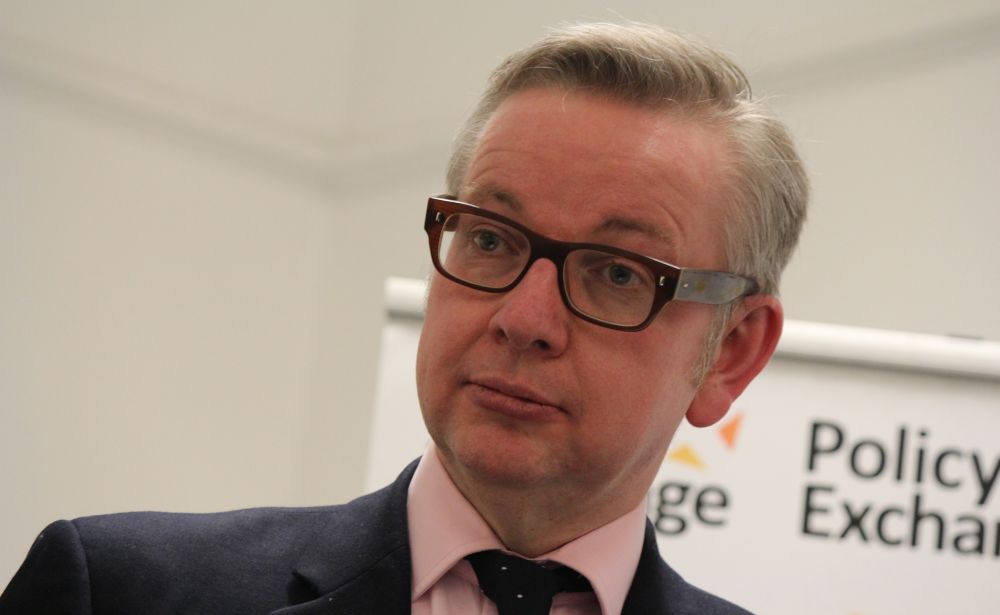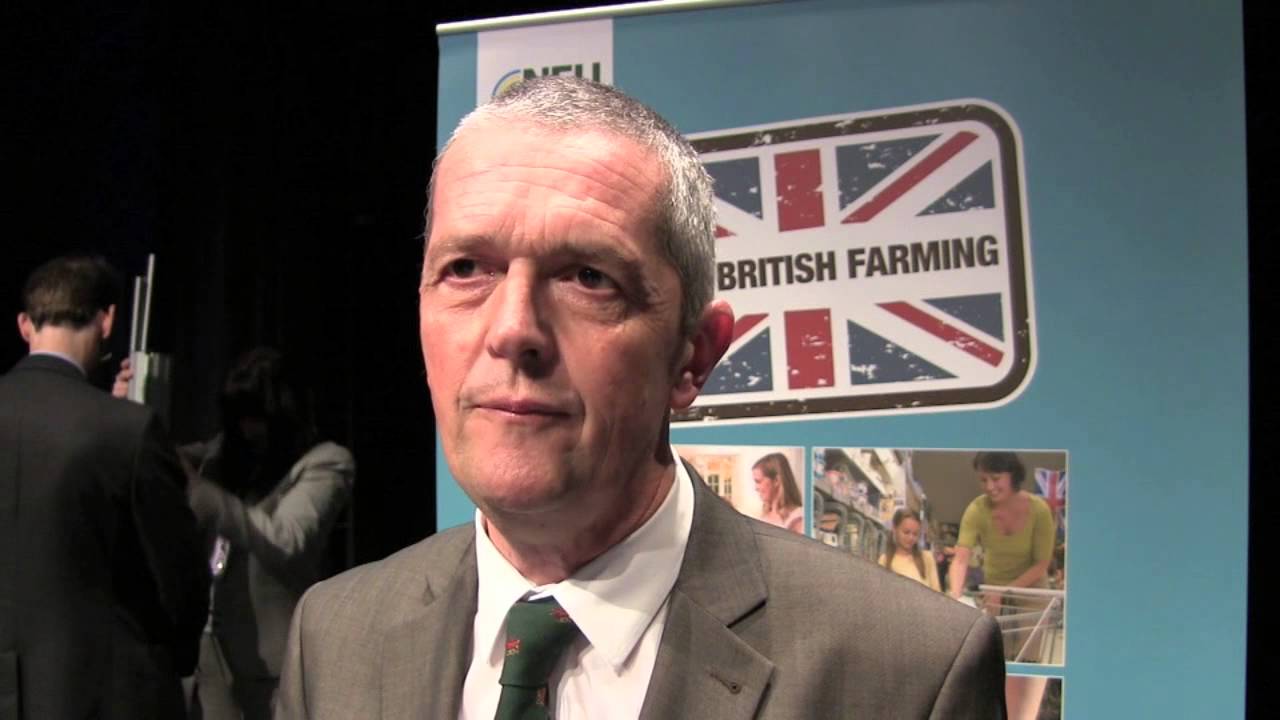
Prime Minister Theresa May has appointed as her new Environment Secretary a Brexiteer who has spoken about the benefit of cheap food imports.
Michael Gove, who has taken over from Andrea Leadsom as the Secretary of State for Environment, Food and Rural Affairs, was one of the leaders of the campaign to leave the European Union last year.
The former Education Secretary, who was beaten by Theresa May in the campaign for the leadership of the Conservative party following the resignation of David Cameron, lost his place in the Cabinet in Theresa May's first reshuffle.
But he has now been named Environment Secretary following the General Election and his views on trade may alarm some farmers' leaders.
'Strip out protectionism'
In an interview with the Daily Mail before the EU referendum, Michael Gove said that leaving the European Union could provide British consumers with cheap food as a result of trade deals with emerging nations.
“An independent Britain could choose to strike free trade agreements with emerging economies and lower tariffs, extending new opportunities to developing nations and in the process allowing prices in Britain to become cheaper,” he said.
The new Environment Secretary said in the interview, in April 2016: “We can strip out the protectionism and special interests that drag down EU negotiations.”
In a separate interview with Nick Robinson on BBC Radio 4's Today programme, he said he would like to see the UK removing trade barriers with the rest of the world.
“We would benefit from being able to take back control of our seat at the World Trade Organisation. At the moment Britain is represented at the WTO by the EU's single representative - an ex-sociology lecturer from Sweden.
“I'd like to see a Briton on the WTO determining trade policy. More than that, I would like to see barriers - trade barriers - that we've erected in the EU against developing nations come down.”

'Lower quality, lower welfare'
At the NFU conference earlier this year the union's president, Meurig Raymond, warned that any new free trade agreements negotiated with countries outside the European Union could open the British market to lower quality, lower welfare food imports.
“We commend the ambition to open up trade with new partners but how, in reality, Secretary of State, will you keep food produced to a lower standard than our own out?” he asked the then Environment Secretary, Andrea Leadsom.
"Would the British public want us to start importing beef produced using growth promoting hormones? Or chickens dipped in chlorine?” he said.
At the Lincolnshire Farming Conference, NFU vice president Guy Smith told FarmingUK that the United Kingdom would risk losing its biggest manufacturing industry unless it protected British agriculture.
The food and drink industry is the country's biggest manufacturer and its largest manufacturing export sector, accounting for 16 per cent of UK manufacturing turnover and employing 400,000 people.
But Guy Smith said if the British Government allowed cheap, lower standard food imports, then the country could lose its farming industry and the food manufacturing industry, too.
“The key point to make to Government is that if, as a result of leaving the European Union, we end up just sucking in more imports from other parts of the world of lower standards then that is a fail and that will export our agriculture to other parts of the world.
“The key point is that that may take the manufacturing base with it because, if you are a processor processing agricultural products, you will probably want to go to those parts of the world where you are sure there is local supply,” he said.
“And that will really impact hard on our economy because food and drink is the largest sector of the UK economy.”
'Desire for cheap food'
The National Pig Association (NPA) has warned about the threat of low standard foreign pork.
“Countries like the US, Canada and Brazil are able to produce pig meat at a much lower cost because they have lower animal welfare and environmental standards,” NPA policy services manager Lizzie Wilson has told FarmingUK.
“We are absolutely adamant that the Government must not put a desire for cheap food ahead of the need to shore up the UK’s self-sufficiency in food, which has already declined alarmingly over the last few decades.
“We do not want to see UK consumers exposed to pig meat produced to lower standards and we certainly do not want our producers to face unfair import competition,” she said.
The National Sheep Association (NSA) has said it is “seriously alarmed” at the possibility of completely free trade deal with Australia and New Zealand.
NSA chief executive Phil Stocker said such a deal could be “catastrophic” for British sheep farmers.
'Massively competitive'
And Mark Williams, chief executive of the British Egg Industry Council (BEIC) has said that, if foreign egg products were allowed free access to the UK market following Brexit, domestic egg products produced to higher standards of safety and animal welfare would be unable to compete with them.
“With British Lion shell eggs we believe we will be able to continue the great progress – consumers are eating more eggs now, they have confidence in eggs. Where I’m most concerned is for egg products,”
Mr Williams said that studies conducted in the Netherlands showed that, because of the UK and EU’s high standards of animal welfare, food safety and environmental protection, the costs of production were higher than those in some third country trading partners.
The four biggest exporters of egg products to the EU – Ukraine, India, the United States and Argentina – were all “massively more competitive than us,” he said.
If after Brexit the UK Government was to negotiate a free trade agreement with one of those countries, the UK industry could be left at a real disadvantage, he said
